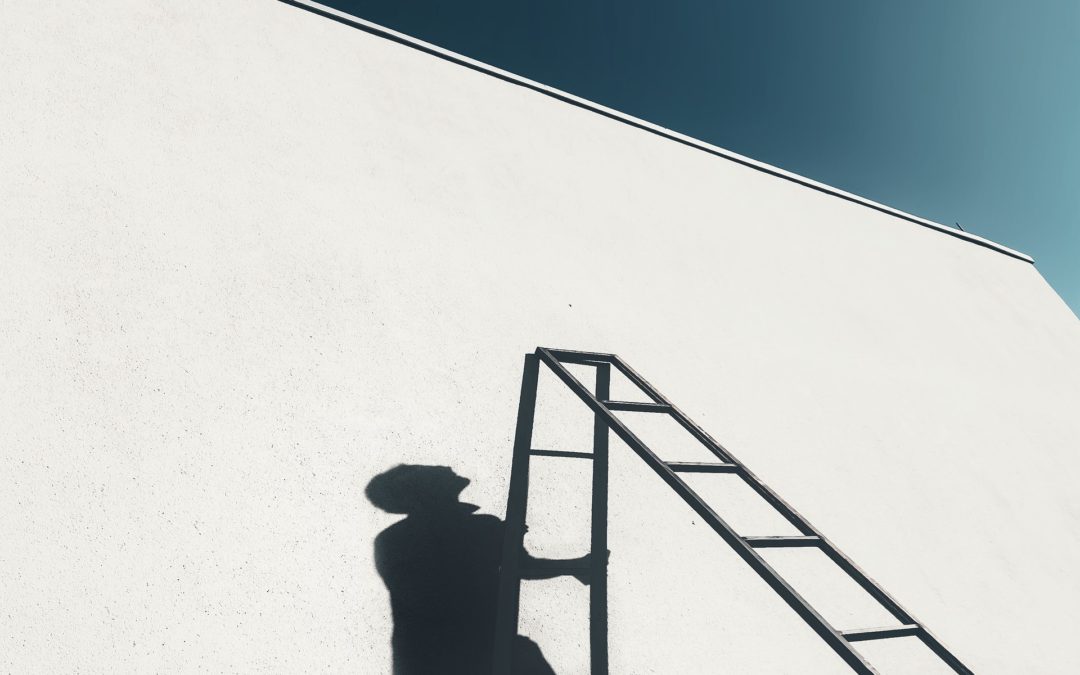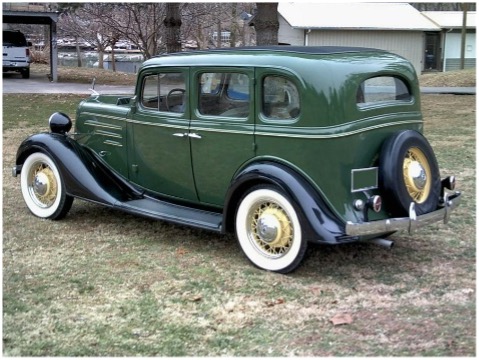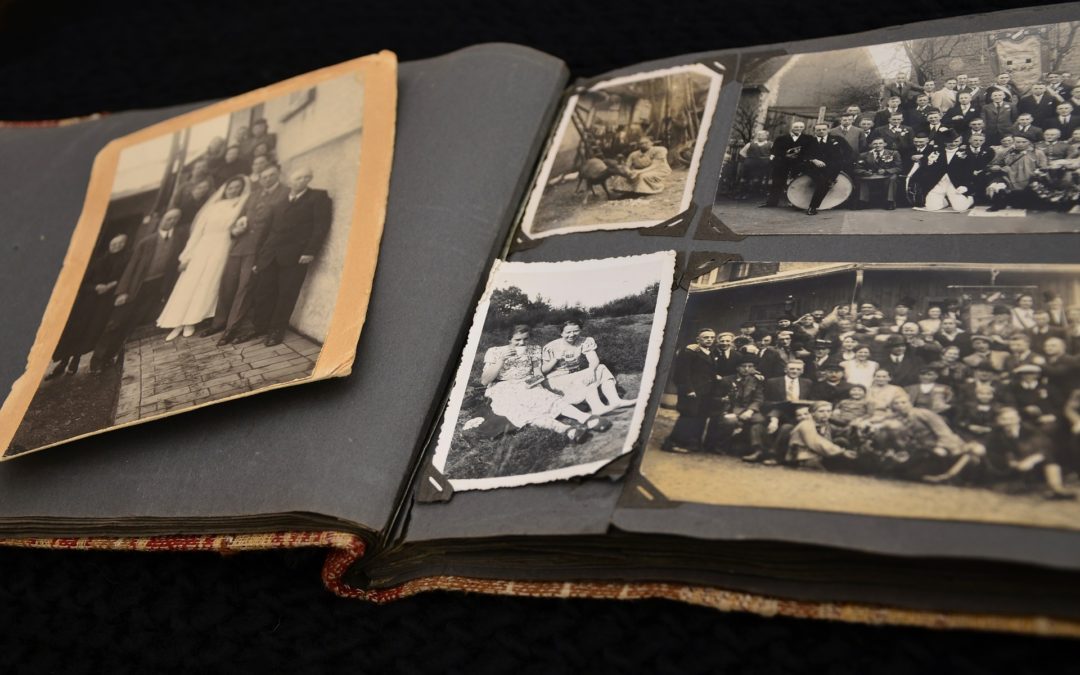
Ladder
By Farrell Fand
“Joe, all you have to do is climb up the ladder, reach up, turn the knob, and come back down. It’s not so hard. Actually, I would do it myself, but then who would hold the ladder? You’re not strong enough to hold it for me, so I’ll hold it while you go up.”
“I’ve got a bad feeling about this, Frank. This ladder is 12 feet long. If I go up there, there isn’t anything except the ladder to hold onto. And you’re asking me to hold this four pound wrench in my hand while l climb up, so that I can turn the knob once I get there. Are you sure you can’t do this yourself?”
“I’m telling you, I’d do it myself but I would need someone to hold the ladder for me and you’re too light to do that. There isn’t anyone else around today, so you’re the only one I can ask.”
“O.K. I’ll go up there, but you’d better hold that ladder tightly. I’m not exactly afraid of heights, but I do get nervous when I’m up high, and I’ll need to know that you’re down there holding it firmly, so that it can’t move. One shift and I could fall. I can’t imagine what that would be like, but it wouldn’t be good. A drop from twelve feet onto the ground would kill me, I’ll bet.”
“Look, Joe, stop talking about falling. What’s the likelihood of that? I’ll be here the whole time and I’ll be holding this ladder the way I would want you to hold it for me. Now, why don’t you start climbing up? It won’t be so hard and we have to get that knob turned off before the electricity shorts out.”
“What? Electricity? What does that knob control? Are you telling me that I’m going up twelve feet and turning a knob with a wrench and what I’m turning has electricity running through it? What if I get electrocuted? I’m not sure I want to do this.”
“Well, it is a kind of electrical switch, but it’s perfectly safe and you’ll be grounded through the ladder, which will work because it’s on the ground. Believe me, there’s no danger of getting electrocuted by turning that knob. You’ll be safe. I’m telling you, I’d do it myself, but no one is here to hold the ladder for me. I’d be up and down in about two minutes, and that’s all it’ll take you. Just go up there, turn the knob with the wrench, and climb back down. Nothing to it.
“Oh, and when you’re up there just don’t touch the edge of the roof. It’s a metal edging that keeps the water from getting between the layers of roofing and you don’t want to touch that. You know metal and electricity don’t go well together. So, be sure not to hold onto the roof, once you’re up there, turning that knob.”
“Look, Frank, this sounds more and more dangerous. Are you telling me it’s really safe? I don’t plan to risk my life just to turn some stupid knob. I mean, that’s really way up there and I’m not so wild about heights, and even less crazy about playing around with electricity, especially when I’m so far off the ground. I’m not sure I want to do this.”
“Listen I’ll give you $25.00 if you do it for me. I know you’re my friend and really don’t want any money from me, but it’s worth it to me to get that knob turned and it would just be a friendly gesture from me to you. What do you say?”
“Oh, all right. I’ll do it. We have been friends for a long time and I guess I owe you a favor, after that accident we had. I still feel it wasn’t my fault that I totaled your car that night. I mean, you were there too and we hadn’t had too much to drink, not too much. I was just going to drive a couple of blocks. How was I to know that someone was going to go through the yellow light? I did step on the brake, but I couldn’t stop in time. I still feel horrible about how badly Linda was hurt, but she’s doing better now, right? I guess I do owe you something.
“I mean, I would have paid for your car, except you know I’ve been out of work for more than a year and don’t have any money. I would have thought that your insurance company would pay for it and for Linda’s rehab, even though I was driving. It was the drinking that messed up that insurance claim, not my fault. And Linda walks just fine now, when she’s wearing those braces on her legs.
“Frank, I’ going up there right now. Be sure to hold this ladder tightly. I don’t want it shaking, because I’m really a bit shaky myself, going up twelve feet to that roof.”
“Great. Now Joe, one foot at a time. Be careful. Up you go. Good, keep going. You’re halfway there. You’ll be there soon. O.K. now you’re at the top. Take the wrench and turn that knob.
Oh, and Joe I don’t forgive you for what you did to Linda; never did. Look down here for a second. I’m turning on this electrical switch. Can you see this wire attached to the ladder? You’re finally getting what you deserve.”





